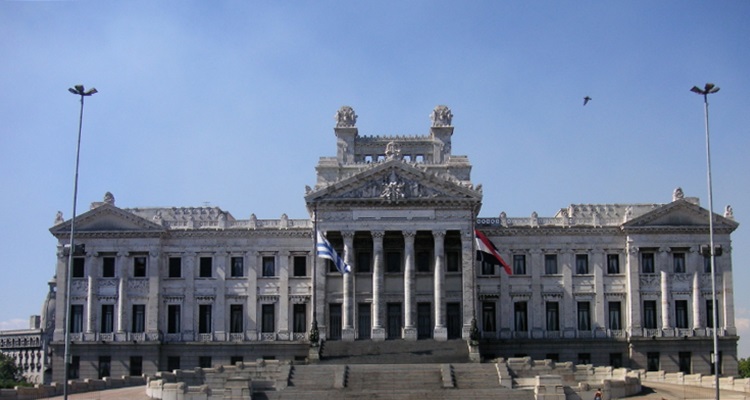In Uruguay, legislators have reportedly passed proposed legislation that would ban most online gambling including poker, roulette and video slots while giving the South American nation’s executive branch control over all types of sportsbetting.
According to a report from G3 Newswire, the proposal from the governing Broad Front political party was approved by the 99-member Chamber of Deputies and is now set to be put to a vote before the upper Chamber of Senators.
G3 Newswire reported that the controversial prohibition is part of the much larger Accountability Law, which was proposed by President Tabare Vazquez and is an attempt to improve fiscal transparency and accountability practices so as to balance the federal budget and support growth. Despite receiving consent from the lower legislative chamber, the measure does not specifically address how the online gambling ban is to be enforced although it is purportedly believed funding will come from a new tax levied on slot and gaming table wins.
The passage of the proposed measure reportedly came despite the minority National Party stating in June that it would not be willing to support any new taxes on land-based gaming operations. Jorge Gandini from the conservative opposition political party allegedly stated that it “stands out” that Vazquez’ administration intended to tax “legal gaming” and “change gaming rules” while “illegal activity grows and prospers”.
G3 Newswire reported that the move represents something of a policy about-face for the ruling Broad Front as it had earlier been believed that the center-left party would soon begin working on measures designed to legalize and regulate all forms of online gambling. However, these rumors purportedly had led to workers from the nation’s state-owned casinos staging a strike in May in order to voice their opposition.



